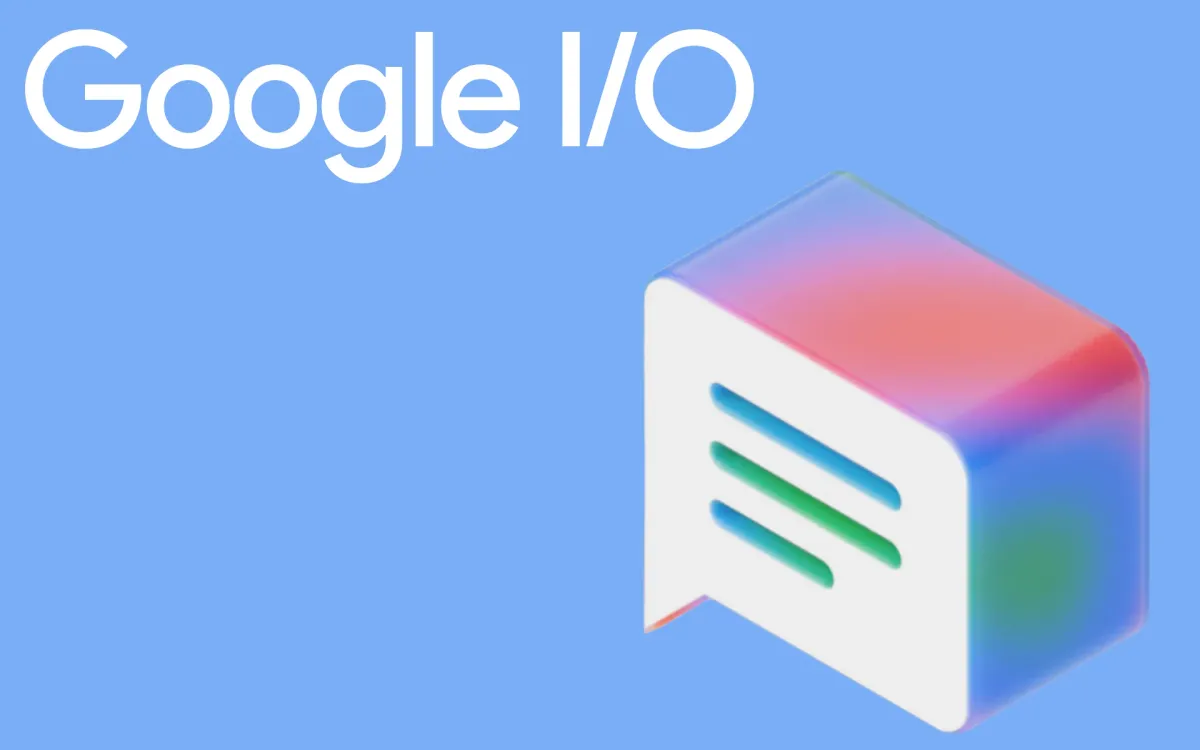
According to the Google I/O team's announcement made on February 11, 2025, the annual developer conference will take place online on May 20-21, 2025, approximately 98 days from today. The event marks a significant milestone in the technology calendar, bringing updates across multiple technology domains.
The livestreamed keynotes will commence at 10 AM PT on May 20th from Shoreline. According to the official announcement, this year introduces a new format feature: developer product keynotes will be streamed live across both conference days, expanding the real-time content offering from previous years.
The technical focus of the conference spans several key areas. According to the registration documentation, the conference will cover artificial intelligence implementations, particularly exploring how recent AI models can enhance application development and transform existing development workflows. The program additionally encompasses Android development improvements, web experience enhancements, and cloud technology advancements.
The global reach of the conference has been specifically addressed in the organization. According to the event FAQ, the digital format enables worldwide participation, with content delivery structured through both livestreamed and on-demand options to accommodate different time zones. This approach aims to serve developer communities across international markets.
Registration details reveal specific technical requirements for participation. According to the registration documentation, developers must create a profile in the Google Developer Program to access the full range of conference features. This profile enables personalized content recommendations across 22 distinct technical domains, including Android, Mobile, AI & Machine Learning, Web, Cloud, Open Source, Design, Location/Maps, AR/VR, and quantum computing.
The registration process introduces several technical considerations. According to the FAQ documentation, Google Workspace users may require specific administrative configurations to access the service. Organizations must enable the Google Developers service through their Admin console, with configuration options available at both organization-wide and group levels. The technical implementation may require up to 24 hours for changes to propagate across systems.
For unregistered participants, the conference maintains partial accessibility. According to the registration FAQ, while keynotes and sessions remain viewable without registration, unregistered attendees will not receive event-related communications or benefit from the personalized content recommendation system.
Community engagement forms a significant component of the conference structure. According to the event documentation, local developer communities will organize extended events, known as I/O Connect events, during the summer following the main conference. These events aim to facilitate local technical communities and provide additional learning opportunities.
The conference introduces interactive technical elements beyond the main presentations. According to the announcement, participants can engage with a technical puzzle designated as the #GoogleIO puzzle, which offers additional content through "bonus worlds" and includes a badge-based achievement system.
The technical scope of the conference encompasses several specialized areas. According to the registration form, the content tracks include Internet of Things (IoT), ChromeOS, Firebase, Flutter, Gaming, Google Assistant implementations, Google Play development, iOS integration, payment systems, search technology, smart home ecosystem development, and Wear OS applications.
For enterprise participants, the conference documentation outlines specific technical requirements. According to the FAQ, organization administrators need to follow a defined process to enable access: navigate to Menu > Apps > Additional Google Services in the Admin console, locate the Google Developers service, set the Service State to "ON", and save the configuration. This enterprise-level setup supports customized access control through organizational units and group-based permissions.

